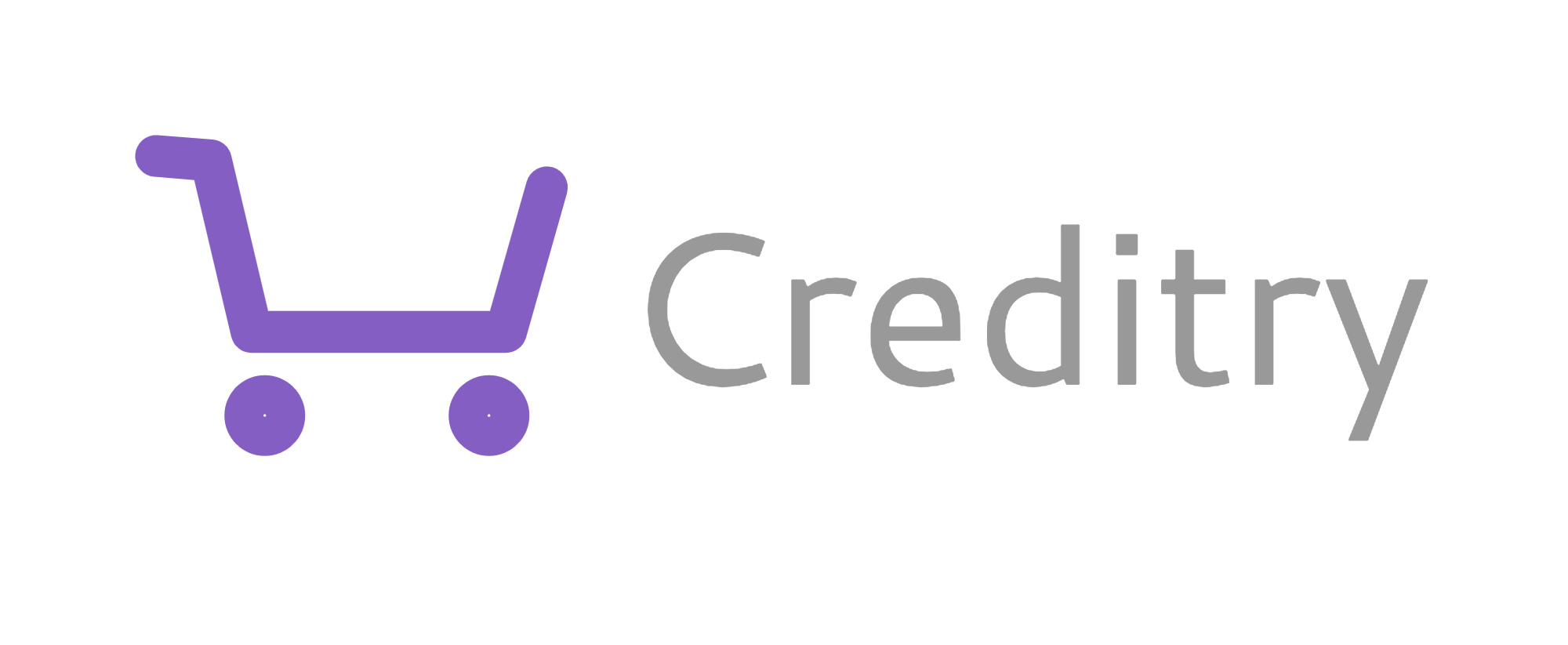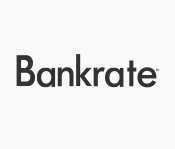Overview:
Your Home Run
It's time to make the big leap: Buying a home means many things, including a willingness to settle in one spot, an inclination to invest in property – and the ability to handle what is probably the biggest debt of your life. Out of all the elements that contribute to your home purchase, the mortgage is one of the most important. This home loan represents the money you need to borrow to buy the house, while the down payment represents the amount of cash you pay immediately. There are mortgages available for both high and low down payments, giving you many options to find a loan that's just right for your current financial situation. We may even be able to help with that part.
A home purchase loan should not be confused with a home equity loan. A home equity loan is available once you’ve paid on your home for several years and “own” some of the inherent value in it. They’re typically used for repairs, expansion, or renovation, although they’re not limited to those things. A home purchase loan, on the other hand, is exactly what the name suggests – a loan taken out to pay for part or all of the total cost of a home. You can apply for this loan at a traditional lending institution, like your local bank or credit union, through any number of online lenders, like those we curate here at Loanry, or from a private funding source, like the seller of the home itself or your wealthy in-laws.
There are many different types of home purchase loans. The most straightforward, and the one most likely to be familiar to many first-time home buyers, is the Conventional Loan. A conventional loan is arranged between yourself and a lender of your choice. It’s not arranged or guaranteed by a government agency like a FHA or VA loan. It typically carries a fixed interest rate, meaning the rate is locked in for the life of the loan. Payments are generally consistent (other than adjustments based on changing insurance rates or property taxes) and due at the same time every month for a pre-set number of months. (15 or 30 are the most common, but shorter or longer terms aren’t unheard of.) Conventional loans traditionally require at least 20% down, although this can sometimes be reduced or waived. Without a down payment, however, buyers are expected to purchase separate “private mortgage insurance” which protects the lender but adds to the total cost of the loan for the buyer.
The other common type of home loan is the Adjustable Rate Mortgage (ARM). As the name suggests, the interest rate of such loans is subject to periodic adjustment based on market forces. Generally an ARM begins with a lower interest rate “locked in” for the first five years, then subject to adjustment each year after that. Specifics vary based on the agreement between lender and borrower, however.
Homebuyers who qualify for FHA, VA, or USDA loans are often able to secure very good rates and lower down payments if approved. These favorable terms are possible because the government is guaranteeing the loan, making it a much lower risk for lenders. VA loans specifically target veterans of the U.S. military, making it fairly easy to determine whether or not you might qualify. FHA loans are designed for low-to-moderate income buyers, particularly if the home they wish to purchase requires substantial repairs or improvements. USDA loans are also known as “rural loans” and were created to support “rural” sections of the U.S. As it turns out, this is a fairly broad definition for purposes of these sorts of mortgages, so unless you live in a major metropolitan area, it’s worth looking into this option before you buy.
Other variations include Interest-Only Loans, Jumbo Loans, Balloon Loans, and Combo Loans – each something of a specialized financial structure for a relatively small number of homebuyers. Loanry has more information on all of these if you’re interested.














